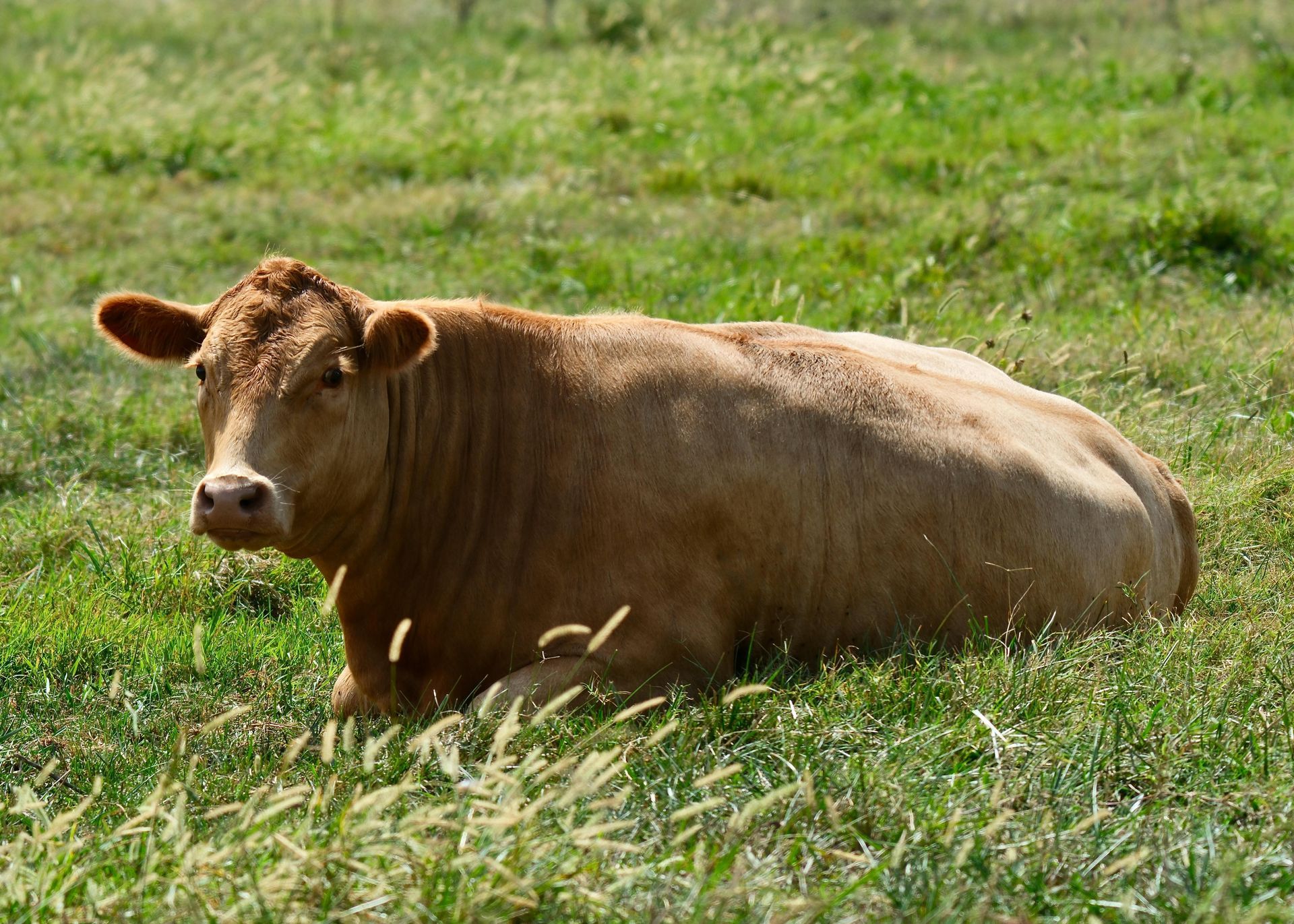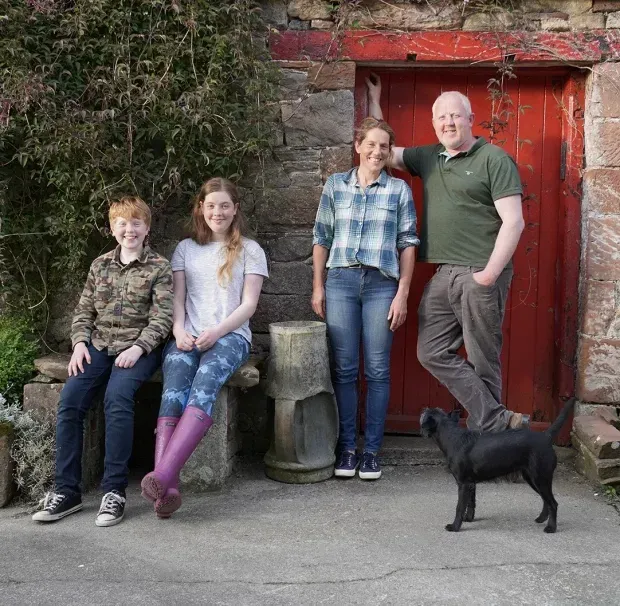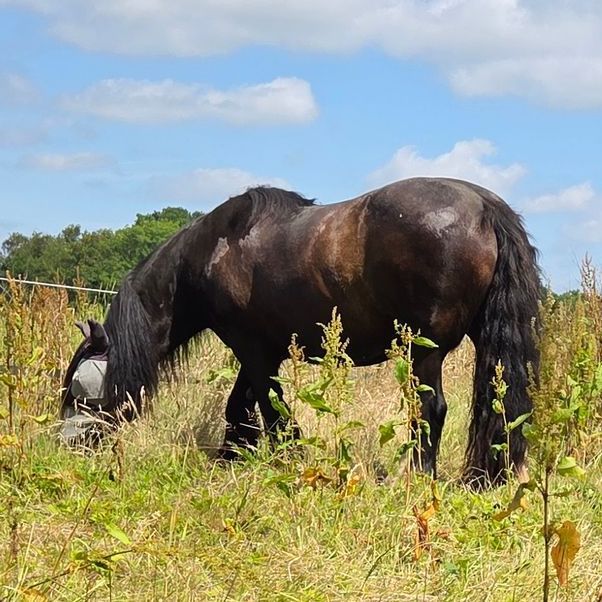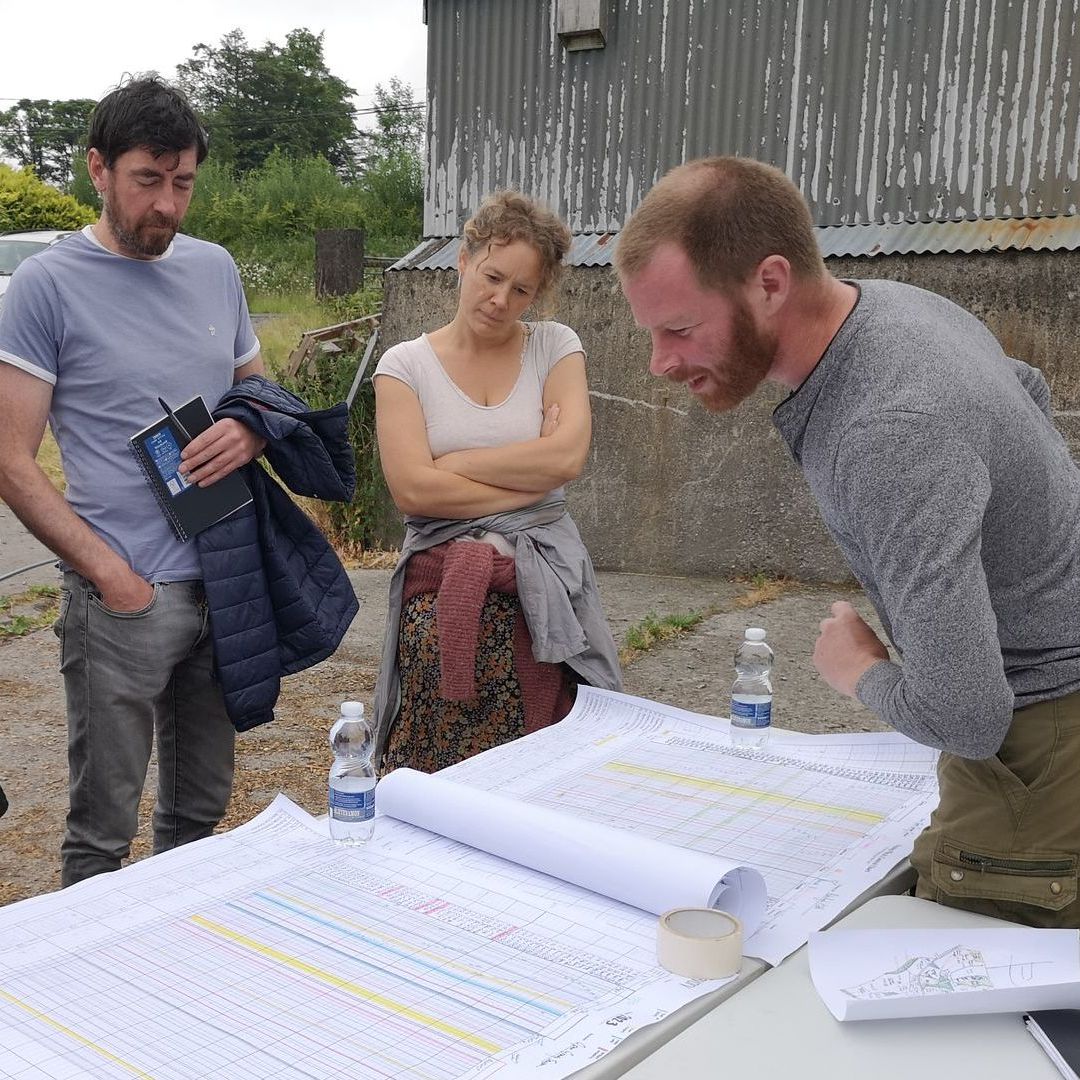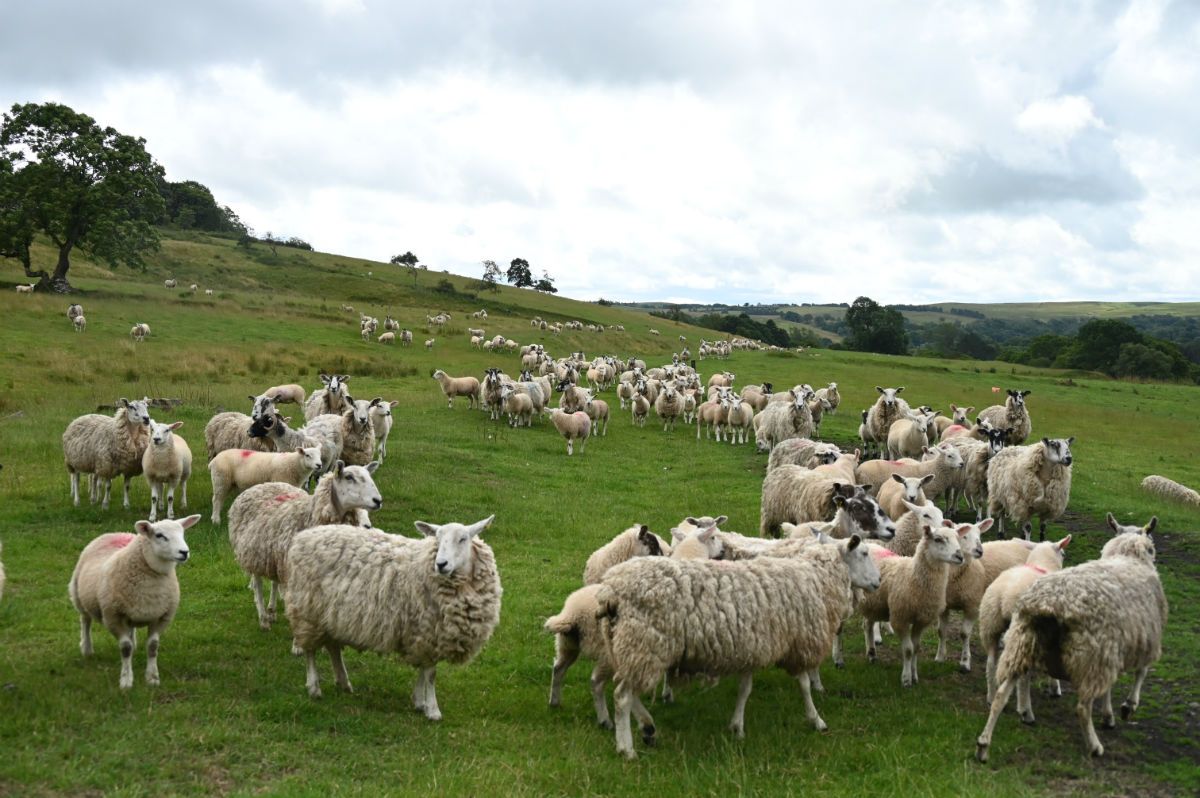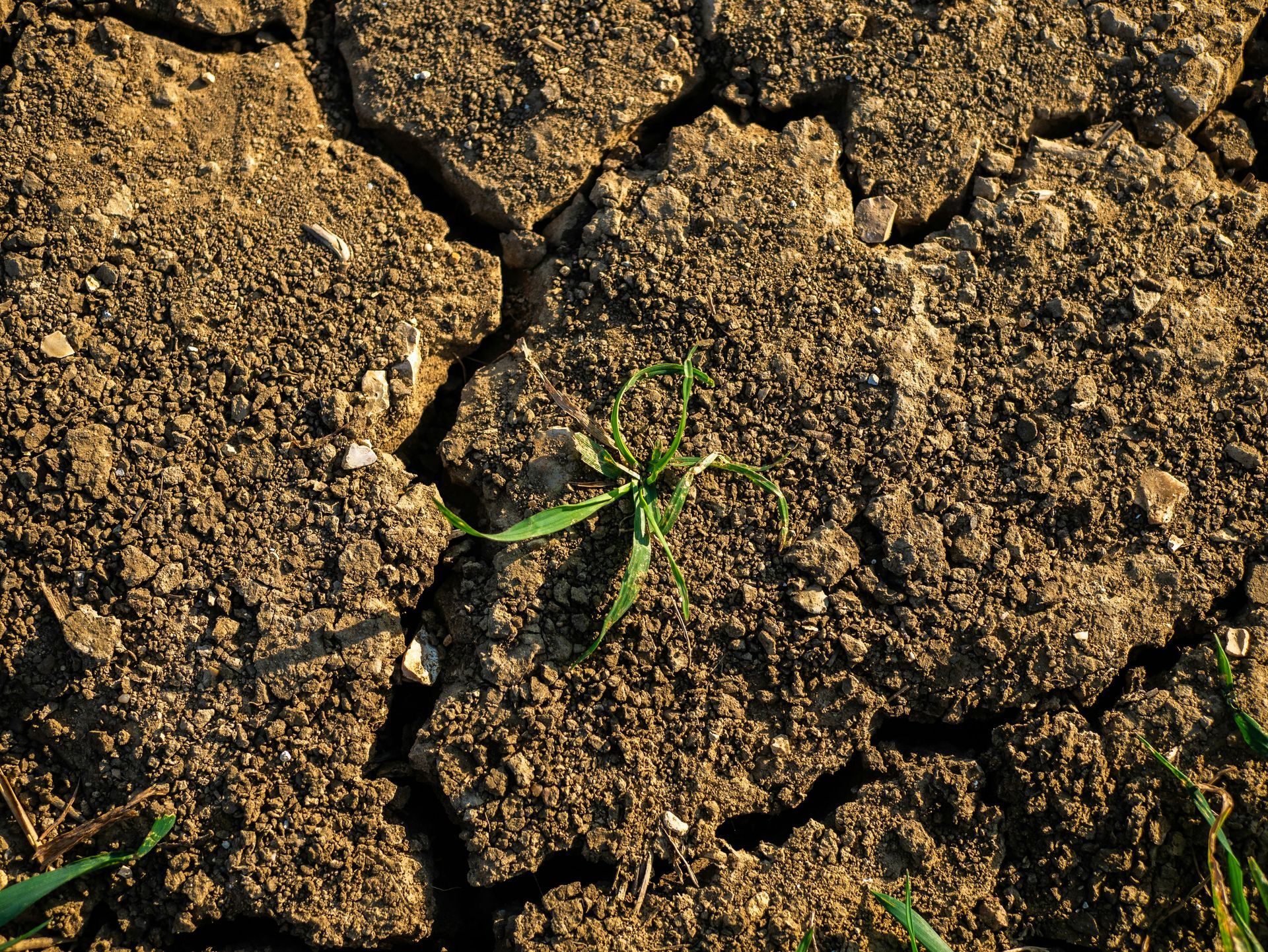Should life be defined as a system?
Life, in its truest essence, is not an isolated phenomenon but a system—a complex, interwoven network where every thread contributes to the whole.
So does it make more sense to define life as a process rather than as an entity?
The conventional definition of life has long been encapsulated by the observation of seven fundamental processes:
Movement
Respiration
Sensitivity
Control
Growth
Reproduction
Excretion
Nutrition.
These processes are taught as the hallmarks of life, the criteria by which we distinguish the living from the non-living.
According to this basic version of the definition, an entity must exhibit all these processes to be considered truly alive. If one or more of these is absent, the entity may be classified as a "non-living agent," such as a virus, which challenges our understanding of life itself.
However, upon closer examination, a profound truth emerges: none of these processes occur in isolation. Movement depends on energy derived from respiration, growth relies on nutrition, and reproduction is intertwined with sensitivity and control mechanisms. These processes are not discrete functions but are deeply interconnected, forming a web of interdependence that sustains life. This realisation invites us to reconsider our reductionist approach to defining life, urging us to shift toward a more holistic perspective—one that views life not as a mere collection of processes but as a dynamic and interconnected system.
The Interdependence of Life Processes
Movement, for instance, cannot occur without respiration, as the energy required for movement is generated through metabolic processes. Respiration itself depends on the intake of nutrients and oxygen, which are byproducts of other life processes such as nutrition and excretion. Sensitivity and control—our ability to respond to the environment and regulate internal conditions—are essential for growth and reproduction, as they enable organisms to adapt, survive, and pass on their genetic material.
In this light, life cannot be understood merely by dissecting it into its constituent parts. Each process is a manifestation of a larger, more complex system that sustains and perpetuates life. The reductionist view, which isolates these processes, fails to capture the essence of what it means to be alive. Instead, we must embrace a systems approach, recognizing that life is not an entity with a checklist of characteristics but a network of interactions and relationships.
Shifting from Reductionism to Holism
This shift from reductionism to holism is more than a philosophical adjustment; it reflects the reality of biological systems. In ecosystems, no organism exists in isolation. Plants, animals, fungi, and microorganisms are all interconnected, participating in a grand cycle of energy and matter. This ecological interdependence mirrors the interdependence of life processes within an organism, reinforcing the idea that life is a system.
Consider the case of a virus, often seen as a borderline case in the definition of life. A virus cannot move, respire, or grow on its own. It lacks many of the processes traditionally associated with life. Yet, when a virus enters a host cell, it hijacks the host's cellular machinery, co-opting the processes of movement, respiration, growth, and reproduction to propagate itself. This blurs the line between living and non-living, suggesting that life may be more accurately described as a system of relationships rather than a set of intrinsic properties.
Life as a Dynamic System
By redefining life as a system, we acknowledge that living organisms are not static entities but dynamic processes. Life is not just about the presence of certain functions; it is about the interaction and interdependence of those functions within a broader context. This perspective aligns with contemporary scientific understanding in fields such as systems biology, which studies the complex interactions within biological networks, and ecology, which examines the interconnectedness of life forms within ecosystems.
Philosophically, this holistic view challenges us to rethink our place in the natural world. If life is a system, then we, as humans, are not separate from the environment but an integral part of it. Our existence is intertwined with the lives of other organisms, and our actions have far-reaching consequences within the system. This understanding calls for a more ethical and sustainable approach to how we interact with the world around us, recognizing that the health of the system as a whole is essential for the survival of all its parts.
Embracing Life as an Interdependent Whole
In conclusion, the traditional definition of life, based on the observation of individual processes, is inadequate to capture the complexity and interconnectedness of living systems. To truly understand life, we must move beyond reductionism and embrace a holistic perspective that sees life as a dynamic, interdependent system. This shift in mindset not only deepens our understanding of biology but also has profound implications for how we relate to the natural world. Life is not an isolated phenomenon but a continuous process of interaction, adaptation, and evolution—a system in which every part is connected to the whole.
The Influence of Reductionism
Reductionism has dominated scientific inquiry for centuries. It focuses on isolating and analysing individual components of a system to understand how they work. This method has been incredibly successful in fields such as molecular biology, where the discovery of DNA's structure and the mapping of the human genome have provided deep insights into the mechanisms of life. By examining life at the molecular and genetic levels, scientists have identified key processes and structures, such as genes, enzymes, and cellular organelles, that are essential for life.
However, this focus on individual parts can lead to a fragmented understanding of life. When life is dissected into isolated processes—like movement, respiration, or reproduction—it becomes easy to categorise living organisms as discrete entities, each defined by the presence or absence of these processes. This approach tends to ignore the interdependencies between these processes and the broader context in which they occur, leading to a view of life that is overly simplistic.
The Consequences of a Reductionist View
The reductionist paradigm reinforces the idea that living organisms are independent entities, separate from one another and from their environment. This perspective can obscure the reality that life is fundamentally interconnected. For example, it can lead to the misconception that human beings are somehow separate from nature, rather than being part of a complex ecological system where our well-being is intricately tied to the health of the environment and other species.
Moreover, reductionism can struggle to explain phenomena that emerge from the interactions between parts of a system—what is known as "emergent properties." For instance, consciousness, ecosystems, and even life itself are more than just the sum of their parts; they arise from the complex interactions within and between systems. A purely reductionist approach may overlook these emergent properties, leading to an incomplete understanding of how life operates as a dynamic and holistic system.
The Need for a Holistic Perspective
The holistic perspective aligns with the idea that life should be defined as a system rather than as separate entities. It emphasises that the processes we associate with life—such as metabolism, growth, and reproduction—are not isolated events but are deeply interconnected and dependent on a network of relationships within and beyond the organism. Life, from this viewpoint, is a continuous flow of energy, matter, and information within a web of interdependent systems. Perhaps we should reconsider how we define life as a closed loop syntropic system of processes rather than as entities but can our minds deal with this?
Why is this important and how can we change?
To fully grasp the nature of life, we must complement reductionism with a holistic approach that recognises life as an interconnected system of processes and relationships.
The journey towards a more holistic view of life is one that calls for a profound reimagining of how we conduct science. It requires us to look beyond the parts and see the whole, to embrace the complexity and interdependence that characterise life. By doing so, we not only deepen our understanding of the natural world but also reaffirm our place within it, as participants in the grand, interconnected system of life on Earth.
By doing so, we can develop a more accurate and comprehensive understanding of life, one that reflects the complexity and interdependence that characterise living systems and only by understanding life as a systems process can we hope to steward it's complexity as we rebuild our food systems with this in mind.
